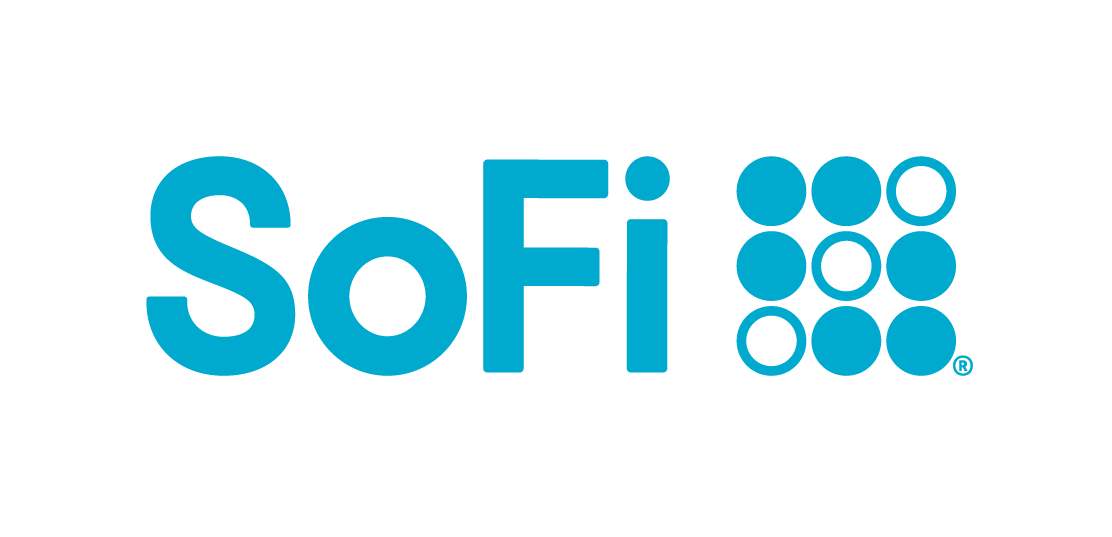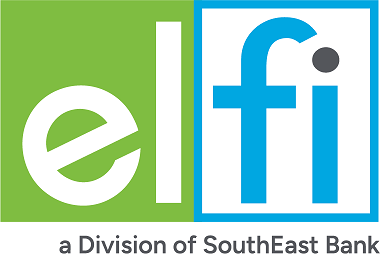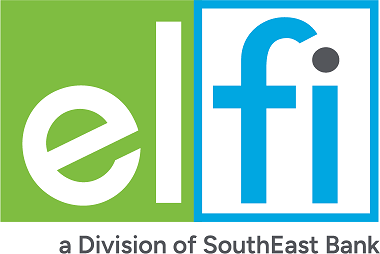Parent loans from private lenders allow parents to assist with covering their child’s college costs without increasing the student’s loan debt. Unlike certain private student loans that require parents to cosign or share borrowing responsibilities, these loans designate the parent as the primary borrower.
Compare Private Parent Student Loan Lenders
To identify the most appropriate parent student loan for your situation, it's crucial to meticulously assess various lenders. Take into account key aspects such as the length of the repayment period and the Annual Percentage Rate (APR). Some private lenders offer advantages, including short-term deferment options during periods of qualified financial hardship. Additionally, certain lenders provide loan forgiveness if the student for whom the loan was taken out dies or suffers from a permanent and total disability.
Keep in mind that the lowest interest rates typically apply to the most creditworthy applicants. At Edvisors, we simplify the process of comparing your options. Simply enter your child's school below, and we'll provide you with a list of lenders we collaborate with, who offer loans for that specific school.
Complete the Application With Your Preferred Lender
Once you have decided on a particular lender, simply complete an application with them to see if you qualify. Many lenders offer online and mobile friendly applications to streamline this process. Some lenders may offer the option to get pre-qualified after you provide them with some basic information.
How to Apply for a Private Parent Student Loan
To apply for a private parent loan, you will need to gather some basic information to fill out the application. You should be prepared to enter the following:
- Primary information - Your name and email address
- Contact information - Your phone number and physical address
- Personal information - Your date of birth, citizenship status, Social Security Number (SSN), and proof of income
- School and student information - Your student’s SSN, your relationship to the student, the student’s estimated financial aid, the year in school the loan will cover, and so on.
If your application is approved by the lender, you will still need to sign for your loan and accept the full terms. After signing for your loan, the school’s Financial Aid Office will be asked to certify (i.e. confirm) the loan amount before it can be disbursed. Loan proceeds are usually sent directly to the school, unless otherwise specified in your agreement with the lender.
Eligibility for a Private Parent Student Loan
In general, your eligibility for a private parent student loan will depend on your credit history and ability to repay it. The minimum credit score, income, etc., will vary from lender to lender.
Some of the factors affecting your eligibility may include the following:
- Credit score
- Debt-to-income ratio, or DTR
- Income
- Employment history
- Citizenship
- Loan limits (minimums and maximums)
Who Pays a Parent Student Loan?
With a parent student loan, the parent is legally responsible for paying back the loan. This is because the parent is the primary borrower. This differs from a traditional private student loan where the student is the primary borrower and a parent acts as the cosigner. With those loans, the child and the parent are co-borrowers which means that they are both equally responsible and obligated to repay the loan. If a parent has trouble repaying a parent student loan, it will impact their credit history but not that of their child, even though the loan was taken out for the child’s education.
This may seem like a big responsibility for the parent to bear, but parents may have additional options. For example, parents can choose to refinance the student loan into the child’s name. This will require that your child has the means to take over the loan, including demonstrating stable employment and a good credit history.
An additional option is to cosign on a student loan refinance that features cosigner release. With this option, you cosign on your child’s refinance loan. After a series of consecutive, on-time monthly payments (typically 12 to 24 months) your child may request that you (the cosigner) are released from the loan.
Benefits of Private Parent Student Loans
Private parent loans have a number of benefits. They do not generally have fees such as application or origination fees. The interest rates on private parent loans are based on current market trends and can be more competitive than the rate offered for parent PLUS loans, particularly for borrowers with strong credit. And most lenders offer an interest rate deduction when you enroll in automatic payments.
While private parent loans do not come with the same government benefits as a PLUS loan, you may find that the benefits they do offer can potentially provide you with a better deal.
In summary, here are some of the benefits you might receive with a private parent student loan:
- Competitive interest rates
- Little to no loan fees
- No penalties for paying off the loan early
- Interest rate deduction after enrolling in automatic payments
- Help your child pay for school without adding to their total student loan debt
Parent Student Loan Interest Rates
| Private Parent Student Loan | Parent PLUS Loan | |
|---|---|---|
| Interest Rate Type | Variable or Fixed | Fixed |
| Current Interest Rate | Variable as low as 5.09% and fixed as low as 4.24% | 8.94% (for loans disbursed between July 1, 2025 and June 30, 2026) |
Private Parent Student Loan FAQs
Is There a Credit Check for a Private Student Loan?
Yes, private parent student loans require a credit check. Lenders check your credit to determine your creditworthiness which also impacts the interest rate you might qualify for. If you’re worried about your loan application impacting your credit score, some lenders allow potential borrowers to pre-qualify for a loan with a soft credit check that will not impact your credit score. If offered, this can be a great way of seeing what interest rates you can expect before applying officially.
What Expenses Can a Parent Student Loan Be Used for?
A parent student loan can be used to cover up to 100% of school-certified expenses including:
- Tuition and fees
- Room and board
- Books and supplies
- Transportation
- Laptop
What Information Will I Need to Apply?
To apply for a private parent student loan, you will have to provide information regarding the student, your child’s school, and yourself. A private lender will also need the school to verify the cost of attendance and may need to confirm that the student meets satisfactory academic progress.
Also, be prepared to provide things like proof of income, date of birth and social security number.
How Much Can I Borrow In a Private Parent Student Loan?
You can borrow up to your child’s cost of attendance minus any other financial aid received. You also want to keep in mind that your private student loan lender may have minimum and maximum loan limits. And depending on your creditworthiness and debt-to-income ratio, you may be approved for an amount that is lower than you applied for.
Can I Refinance a Parent Student Loan?
Private parent student loans are eligible for refinancing. You may want to consider refinancing if you believe you would qualify for a better interest rate, or if you have several parent student loans that you would like to roll into one new loan. Another reason many parents refinance is to transfer the loan to their child.
Can I Transfer a Parent Loan to the Student?
A parent student loan can be transferred to the student through refinancing with a private lender. Your student will have to qualify for a refinance loan on their own, but this decision could relieve the parent of the burden of paying back the student loans. If the student does not qualify for a loan by themselves, you may want to look into lenders who offer cosigner release options. If you work with a lender who offers these options, you can then cosign the refinance loan with your student and be released after your student meets the criteria. Some lenders offer cosigner release after the borrower successfully makes 12, 24, 36, or 48 consecutive on-time monthly payments. The primary borrower on the refinance loan (the student) must be the one to initiate cosigner release.
Learn More About Private Student Loans
Best Private Student Loans for January 2026
Parent PLUS Loans vs Private Student Loans





















